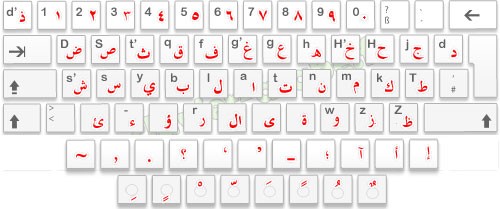The Elcano Royal Institute for International and Strategic Studies’ Global Presence Index, published by the Elcano Royal Institute, confirms that the United States remains the most influential and globally present country, clearly ahead of China.
Despite China’s ongoing efforts, it has yet to surpass American dominance. This annual index measures countries’ engagement in the global system across three main dimensions: economic influence, military presence, and soft power—which includes culture, sports, science, education, and migration.
Morocco’s growing regional and global role
In this context, Morocco ranked 52nd worldwide with a score of 37.7 points. Breaking down the sub-indicators, Morocco earned 15.2 points in the economic dimension, placing it 55th globally; 13.4 points in the military dimension, which considers overseas troop deployments and military equipment; and 9.1 points in soft power, reflecting its cultural, scientific, educational, and technological exchanges.
Among Arab countries, Morocco ranked seventh, following Saudi Arabia (17th globally), the UAE (19th), Egypt (35th), Qatar (45th), Algeria (49th), and Iraq (51st). Within the Maghreb region, Morocco ranked just behind Algeria but ahead of Tunisia (74th), Libya (90th), and Mauritania (149th).
Globally, the United States leads the ranking with 3,438 points, maintaining its position as the country with the largest external presence since the index’s launch in 1990. This score nearly doubles that of China, which is second with 1,978 points. Germany ranks third, followed by Japan in fourth with 878 points, and the United Kingdom in fifth with 866 points. Japan’s performance reflects a steady external presence despite economic challenges, while the UK continues to assert its international influence, particularly through soft power driven by its cultural, scientific, and educational reach.
The report highlights a noticeable shift in the global system. It suggests the world has moved beyond the 1990s era of globalization, during which hard power receded and soft power rose. However, recent years marked by escalating geopolitical tensions have seen a resurgence of the military dimension, with many countries increasing their external presence via military equipment and troop deployments—signaling a changing landscape in international relations and global power dynamics.





 chargement...
chargement...















